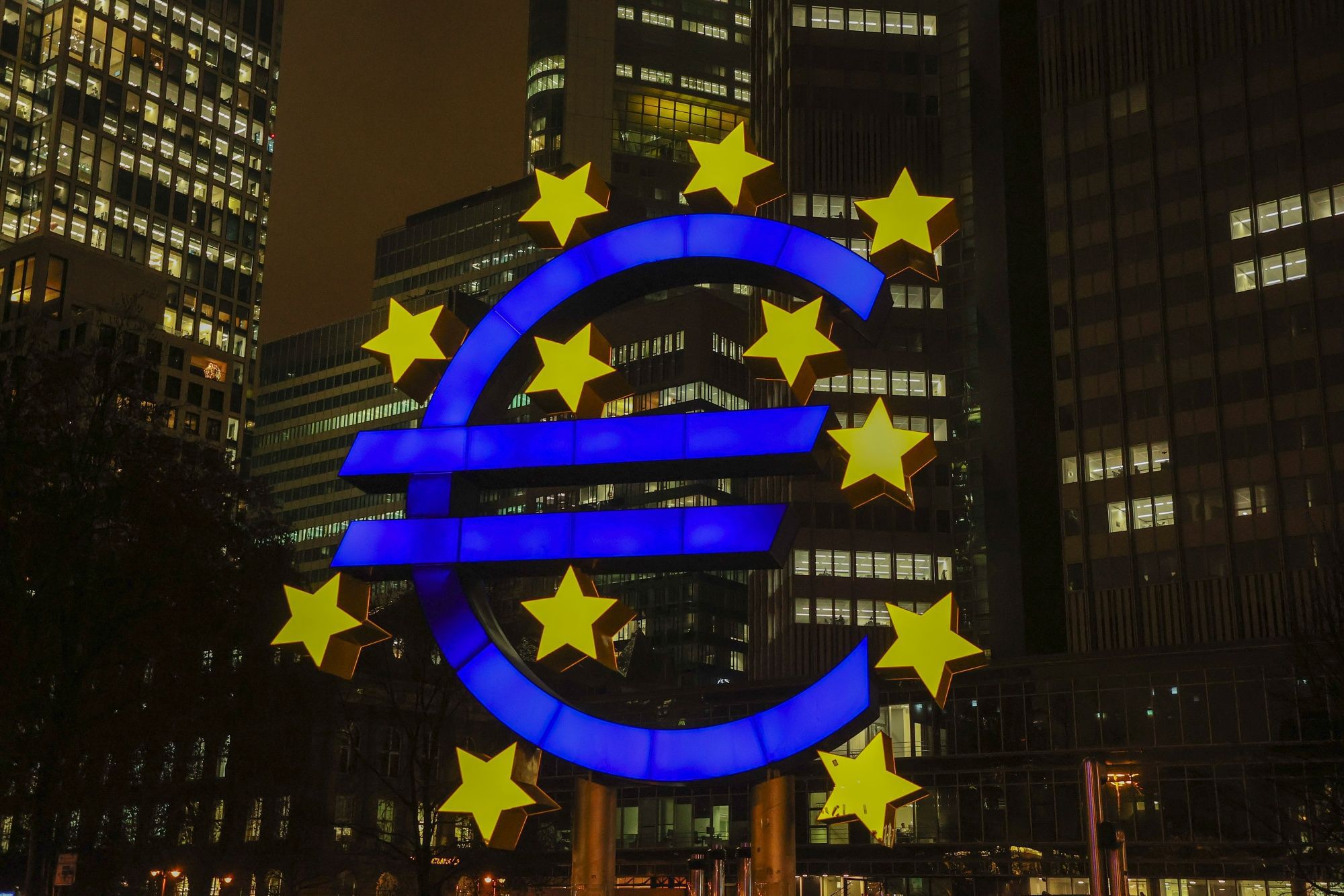
(Bloomberg) — The European Union needs to find new ways to recapitalize businesses so that the hole on corporate balance sheets doesn’t derail the recovery, according to a financial-industry group.
Companies face an equity shortfall of as much as 600 billion euros ($724 billion), as existing government programs and private funding won’t suffice to fully cover the roughly 1 trillion euros that businesses need to replace losses suffered during coronavirus restrictions, the Association for Financial Markets in Europe said in a report on Tuesday.
Authorities including the European Central Bank and the European Commission have warned about corporate vulnerabilities after businesses were driven to bank loans and bond issuances to survive. Industry groups have called on politicians to help viable firms clean up their balance sheets to enable future investments.
“Until now government subsidies, debt issuance and bank lending have kept many EU businesses afloat, but public funding and debt alone cannot be solely relied upon going forward,” AFME Chief Executive Officer Adam Farkas said in the report. “For European businesses to recover from the economic crisis, alternative types and sources of funding will be required to help mitigate their mounting debt burden.”
European countries have extended restrictions to limit the spread of the coronavirus, causing economists to downgrade their forecasts for this year. There’s a “clear risk” that firms’ capitalization needs could rise even further as the current wave of infections drags on, AFME said in the report co-authored with PwC.
Hybrid Instruments
Complicating the matter is that smaller companies in the EU typically rely on banks for their financing and often lack access to capital markets. Family-owned businesses are also usually reluctant to give up control by raising equity.
One solution could be to put greater emphasis on so-called hybrid instruments, which are already popular in some countries but not common among European companies, AFME said. Investors also face a fragmented regulatory landscape governing these instruments, potentially reducing liquidity.
“With greater alignment in regulatory and tax treatment of hybrids across the EU and with greater corporate awareness of the available options, hybrids could offer a helpful solution to accelerate the exit of government support schemes and support smaller corporates struggling to access capital markets,” AFME said. A new instrument could be developed at the EU level, drawing on experience from member states, it said.
The EU has long tried to beef up its capital markets by harmonizing regulations, but little progress has been made in recent years. In light of the Covid-19 pandemic, the bloc rolled back some regulations, including on investment research, to prop up financial markets and help companies secure financing from a range of sources.
Policy makers should also consider boosting existing programs designed to help firms recapitalize, such as a 25 billion-euro guarantee fund at the European Investment Bank that’s meant to generate as much as 200 billion euros in financing through leverage.


